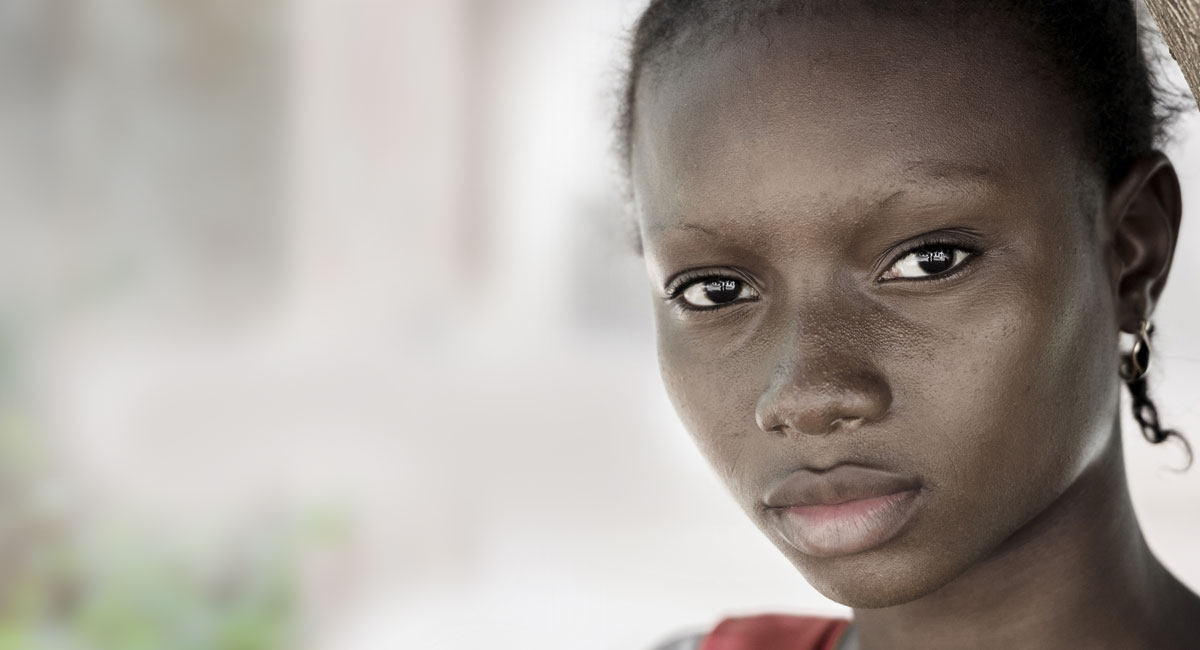- About
- Topics
- Picks
- Audio
- Story
- In-Depth
- Opinion
- News
- Donate
- Signup for our newsletterOur Editors' Best Picks.Send
Read, Debate: Engage.
| July 18, 2016 | |
|---|---|
| topic: | Child rights |
| tags: | #BAREtruth theatre company, #Female Genital Mutilation (FGM), #Quirós Molina, #World Health Organization (WHO) |
| located: | United Kingdom |
| by: | Federica Tedeschi |
According to the National Health Service (NHS), which provides victims with specialist service centres located up and down the country, it is the hidden nature of the crime to raise concern:
“The girls may be taken to their countries of origin so that FGM can be carried out during the summer holidays, allowing them time to "heal" before they return to school. There are also worries that some girls may have FGM performed in the UK”.
A recent increase in awareness has been prompted by the 2014 prosecution of two people, one of them a doctor, involved in cases of ‘re-infibulation’ carried out two years prior at London’s Whittington Hospital. Moreover, last October two women were arrested by police over accusations of inflicting female genital mutilation in Britain. They however fled the country with their alleged victims and other at-risk girls after attempts by police to persuade local social services to obtain a court FGM protection order were rebuffed.
New guidelines from the World Health Organization (WHO), who has defined FGM as a violation of human rights of girls and women (2014), highlight the need for more research to improve evidence-based practice as well as preventing obstetric complications and treating depression and anxiety disorders.
In fact, Female Genital Mutilation not only has immediate negative effects like severe pain, potential wound infections and bleeding to death in the extreme cases. The shock caused by removing and damaging healthy genital tissue has long-term consequences both on the physical and the psychological side, as well. Moreover, the cutting is often carried out by women with no medical training and anesthesia is not an option, reason why the girls have to be forcibly restrained.
What are the reasons behind this practice, then? In some communities in Africa, Asia and the Middle East FGM is carried out for cultural, religious and social reasons: it is considered a way of raising a girl properly by preventing promiscuity or discouraging sexual activity before marriage. In some cases, it is an attempt to cling to traditions, especially for those who moved to a western country like the UK.
In June 2015 the Government issued ‘A Statement Opposing Female Genital Mutilation”, a 10 page booklet for girls whose families belong to communities that practice FGM. The document reads that the young women should carry it at all times, especially when they go abroad. It also highlights that anyone found guilty of an FGM offence, or of helping somebody committing one or failing to protect a girl under-16 from risk of mutilation, faces up to 14 years in prison, a fine or both.
In fact, if someone is taken overseas to undergo the cruel practice, it is still a crime in the UK if the cutting is practiced by a UK national or a UK resident. The statement also contains a set of helpline numbers.
While the English authorities are working to tackle the problem, social workers and medical staff are often so concentrated in their no-easy job of finding explanations, solutions and culprits, that may end up not paying enough attention to the victims’ feelings.
“In my play on FGM the lawyer, nurse and activists were so busy discussing what medical staff should be doing in case of female genital mutilation, that did not engage with Felicity, the stage name for the Somalian girl who suffered FGM and was telling her experience in a monologue . In fact, they end up neglecting her”, said Raúl Quirós Molina, the co-director and playwright of Where do I start?, the non-fictional option of a set of four plays on FGM called Little Stitches.
BAREtruth theatre company, who tackles complicate issues that afflict society and denounce injustices, launched the play in London in 2014 and it run through a period of over six months, receiving a good response from audiences in London.
Asking why the company had chosen to tackle this problem, among the others, Mr Quirós Molina emphasised: “Looking at the figures we realised that FGM was one of the most widespread violation of human rights in the western world. So, we thought theatre could help deliver this message to society”.
Is art an effective way of tackling a really sensitive issue like FGM?
“Art doesn’t t sort out the problem and I don’t think theatre has a lot of power nowadays, unless it is heavily subsidized. However, I believe people locally started asking themselves questions. Little Stitches is a play for the whole society and those who are not from FGM communities can do a lot by not staying silent”.
“We, as playwrights and actors often stand in the middle of the stories we write or perform and they are only partially told. The people doing the great job are charities, teachers, parents and the survivals, of course. We can just contribute,” he added.
By copying the embed code below, you agree to adhere to our republishing guidelines.
